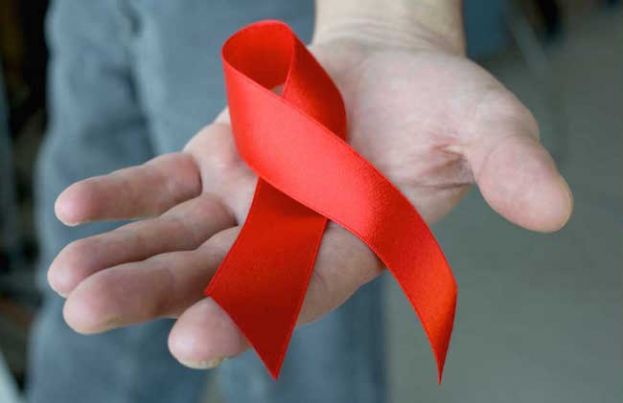
Rescuers and Patients with HIV: Essential Safety Protocols
Guidelines for Emergency Management with HIV-Positive Patients: Precautions and Protective Tools
The Importance of Training for Rescuers
In the context of medical emergencies, first responders play a crucial role in providing immediate care. When it comes to intervening on HIV-infected patients, specific training and knowledge of safety procedures become even more important. It is essential that first responders are equipped with the skills and knowledge to handle such situations, ensuring the safety of both patient and rescue personnel.
Precautions to Take During Interventions
HIV, although considered fragile and unable to survive for long periods outside the human body, requires careful management to prevent transmission. Rescuers should be aware that the virus is found in the blood, semen and vaginal fluids of infected individuals. During interventions, it is important to follow some standard precautions:
- Use of Personal Protective Equipment (PPE): Rescuers should wear gloves, masks, goggles and other PPE to prevent contact with body fluids
- Avoidance of Contaminated Fluid Exposure: It is critical to avoid direct exposure to potentially infected blood or fluids, especially in the case of cuts, open wounds or mucous membranes
- Hygiene and Disinfection: Washing hands frequently and disinfecting the work area and equipment are essential practices
- Management of Syringes and Sharps: Use sharps carefully and dispose of them properly to avoid sharps accidents.
What to Do in the Event of Accidental Exposure
Despite all precautions, accidental exposure can occur. In such cases, it is crucial to:
- Wash the Exposed Area Immediately: Use soap and water to clean the skin and sterile saline solutions or irrigants for the eyes
- Report the Incident: It is important to report the exposure to a supervisor or department responsible for handling such events
- Medical Evaluation and Post-Exposure Prophylaxis (PEP): See a physician for immediate evaluation and consider starting PEP, an antiretroviral treatment that can reduce the risk of contracting HIV
Continuing Education and Updating
Constant updating on the latest research and guidelines related to HIV/AIDS is essential for first responders. Training should include information on new treatments, advances in HIV management, and exposure prevention strategies.
An Integrated and Informed Approach
Interventions with HIV-positive patients require an integrated and informed approach. By adopting strict safety protocols and keeping up to date with the latest medical findings, first responders can ensure effective and safe care, protecting both patients and themselves.



